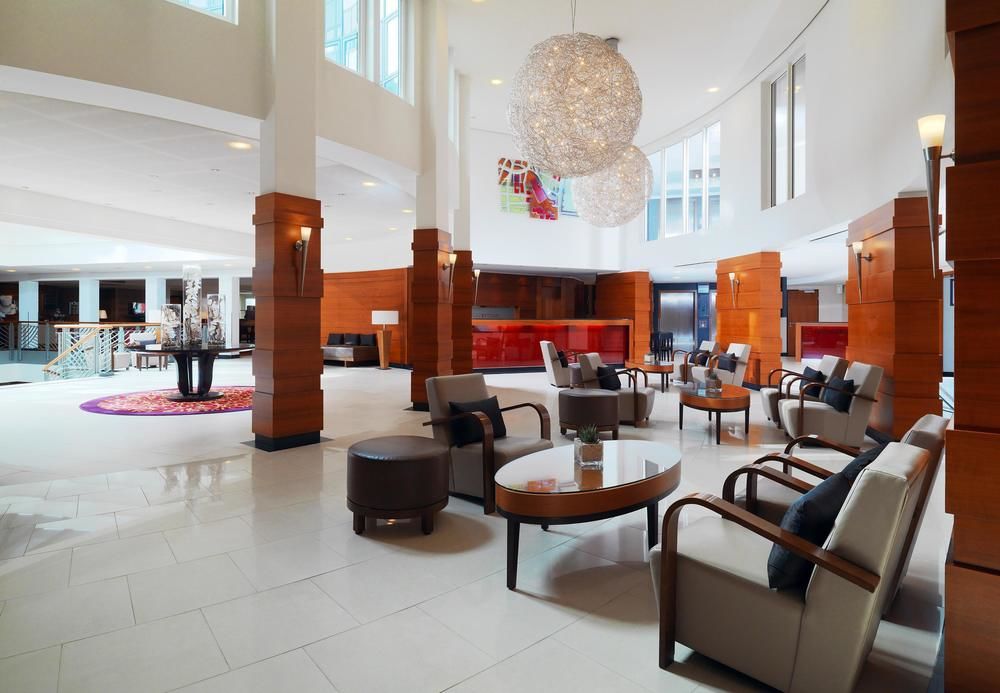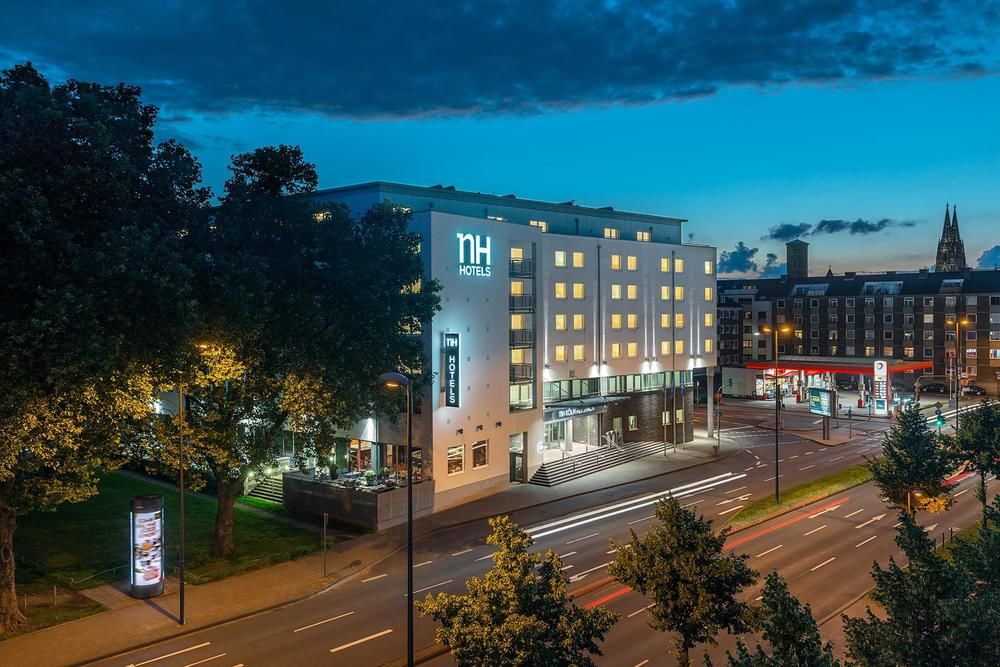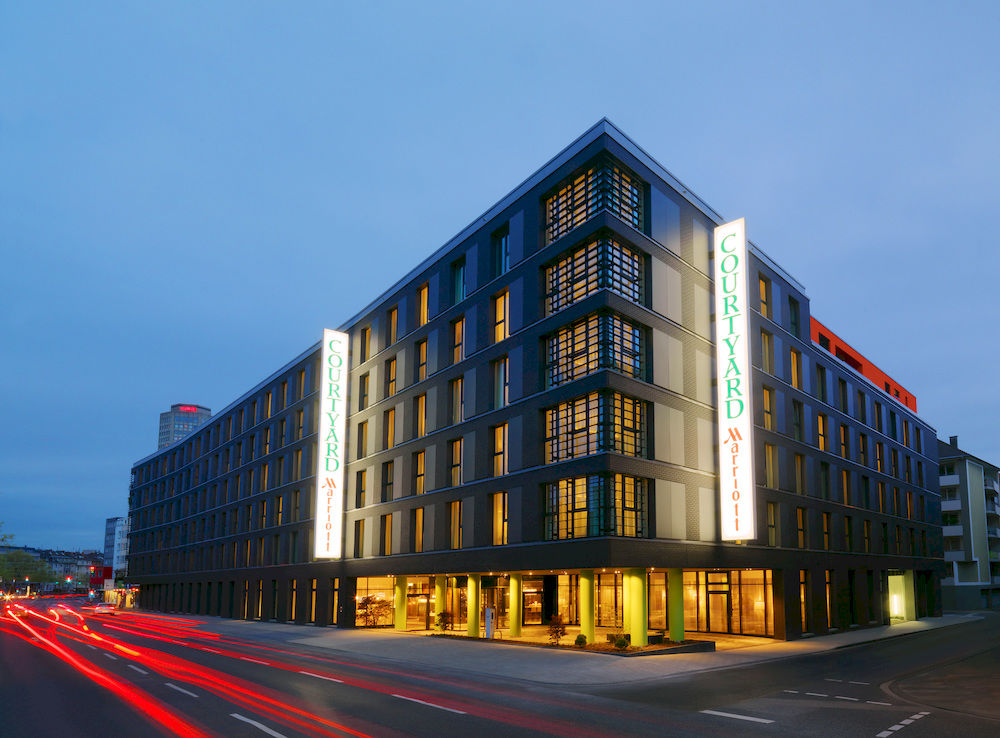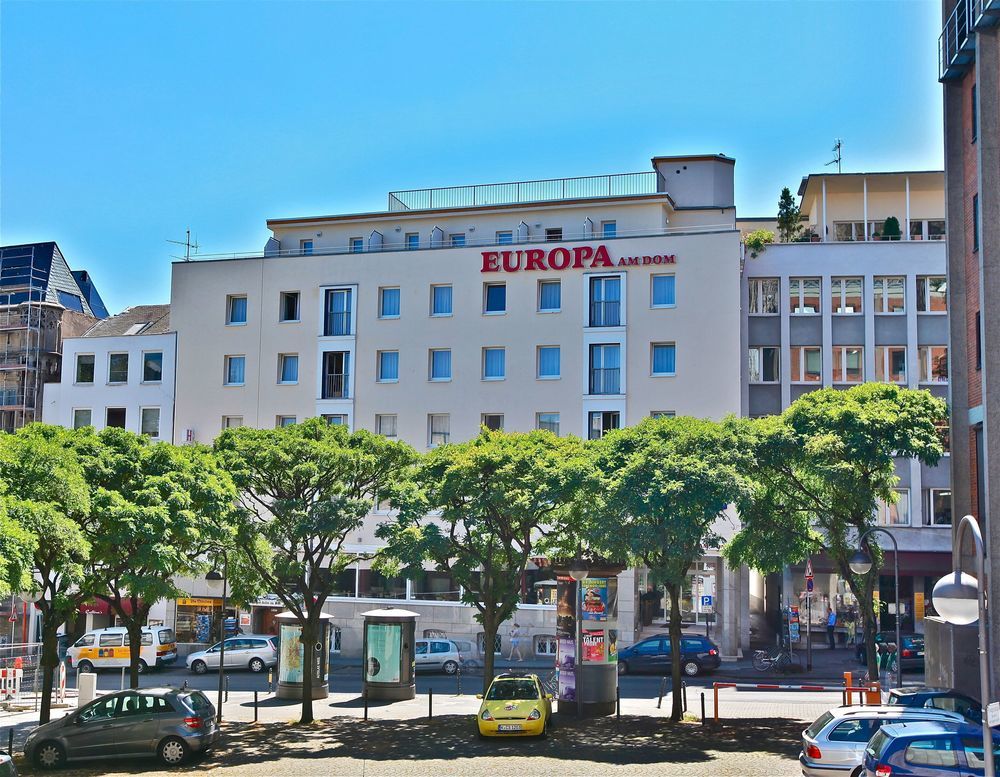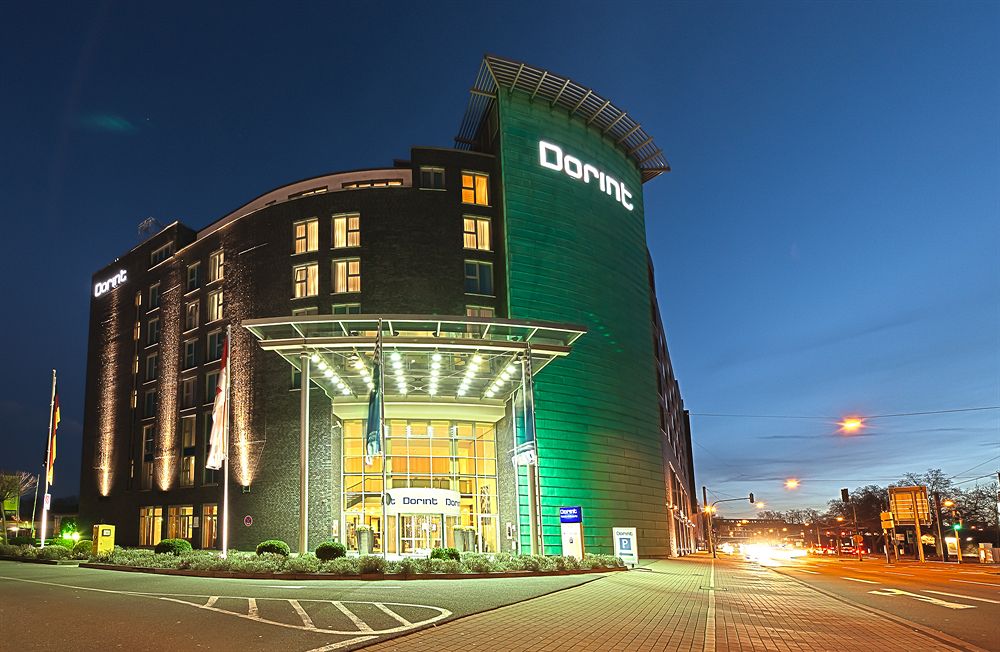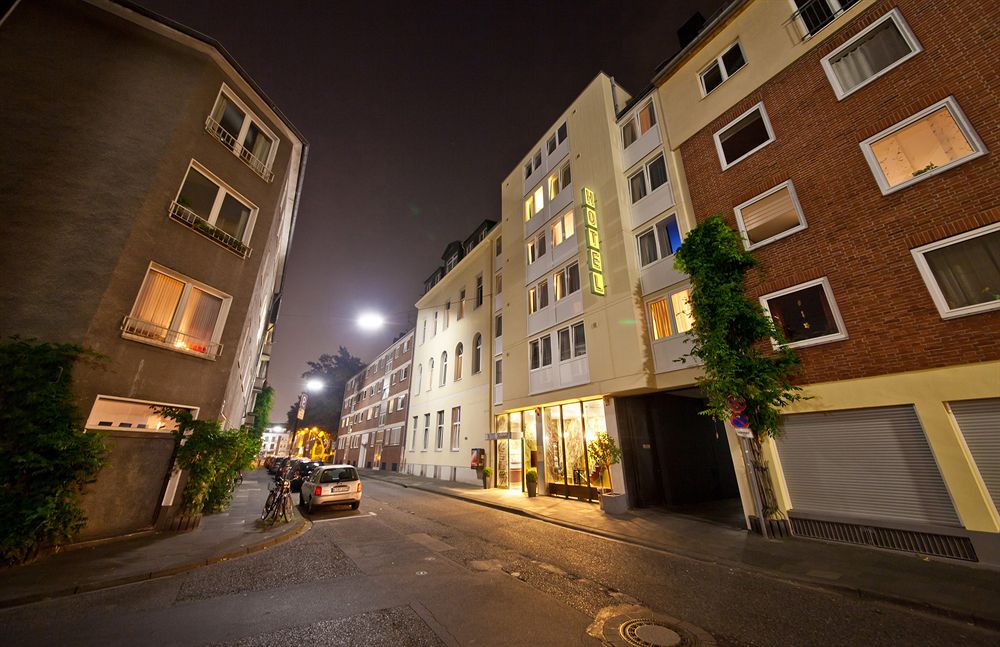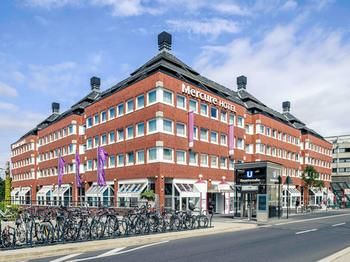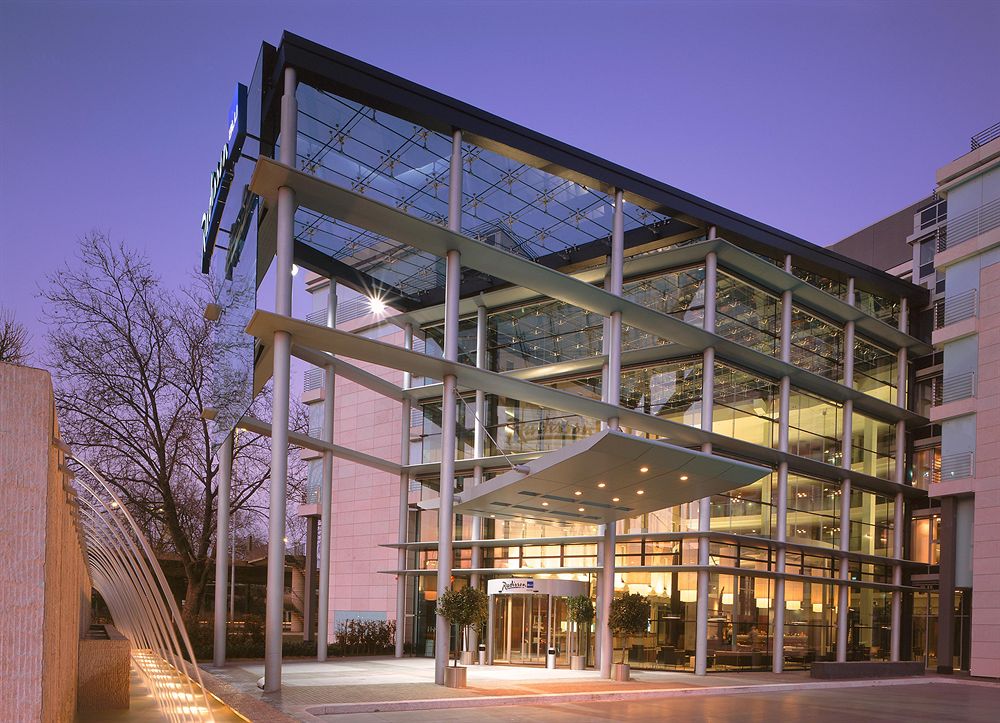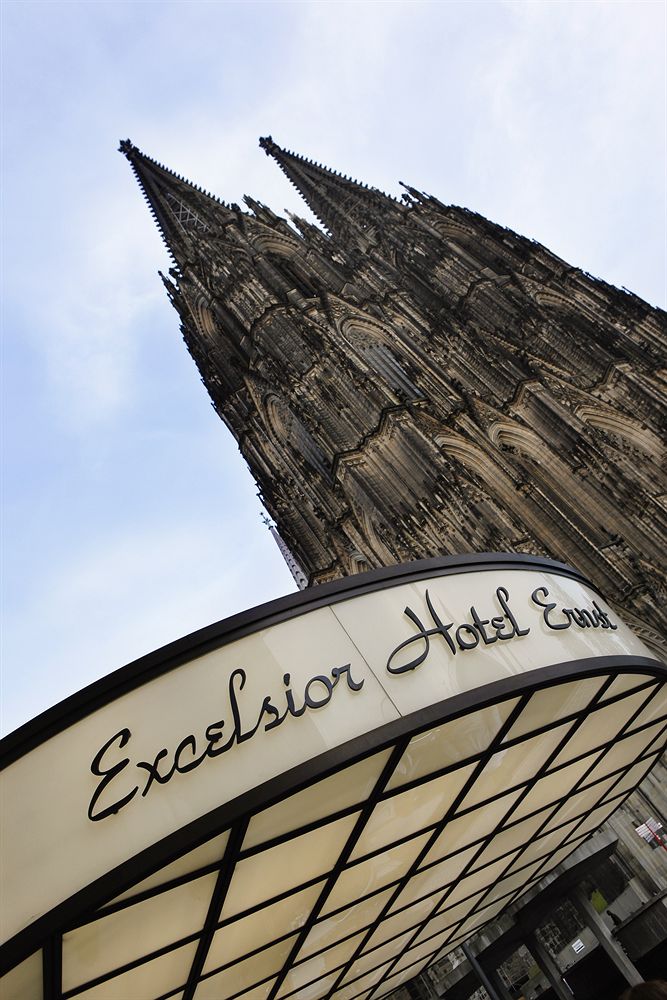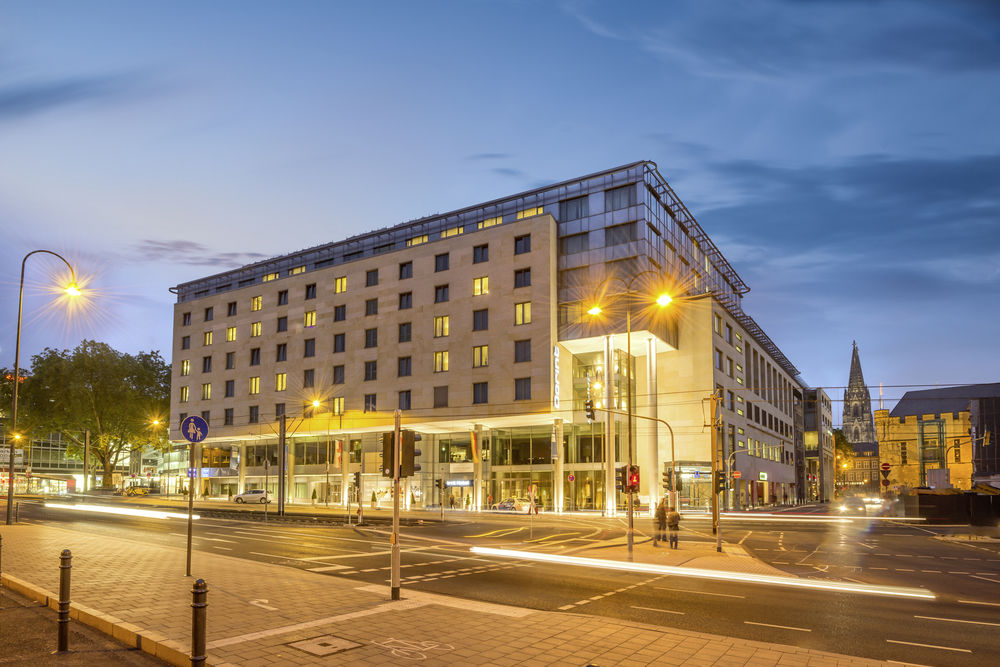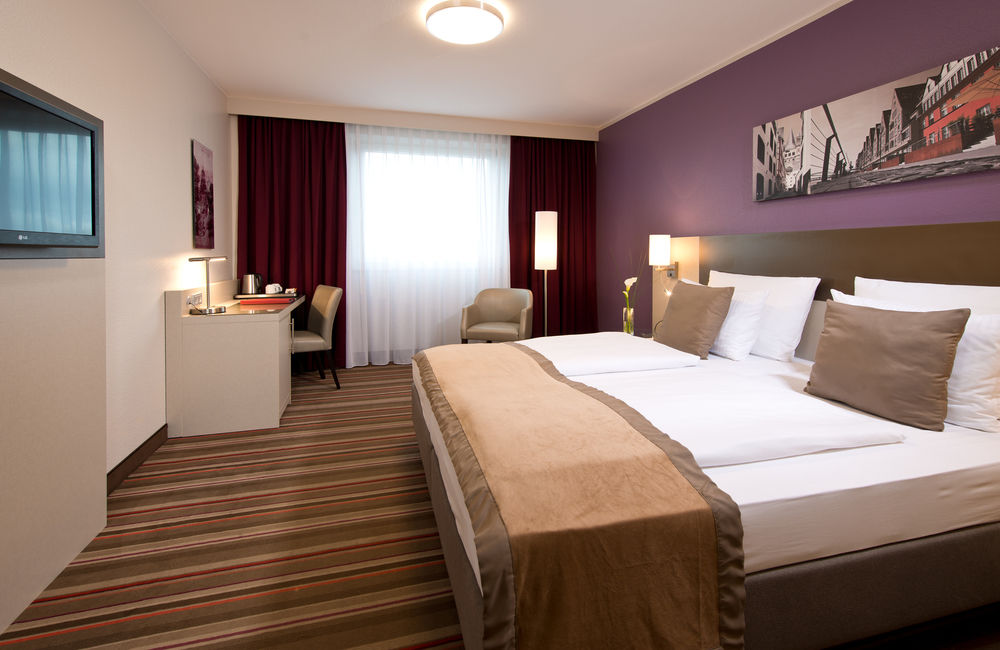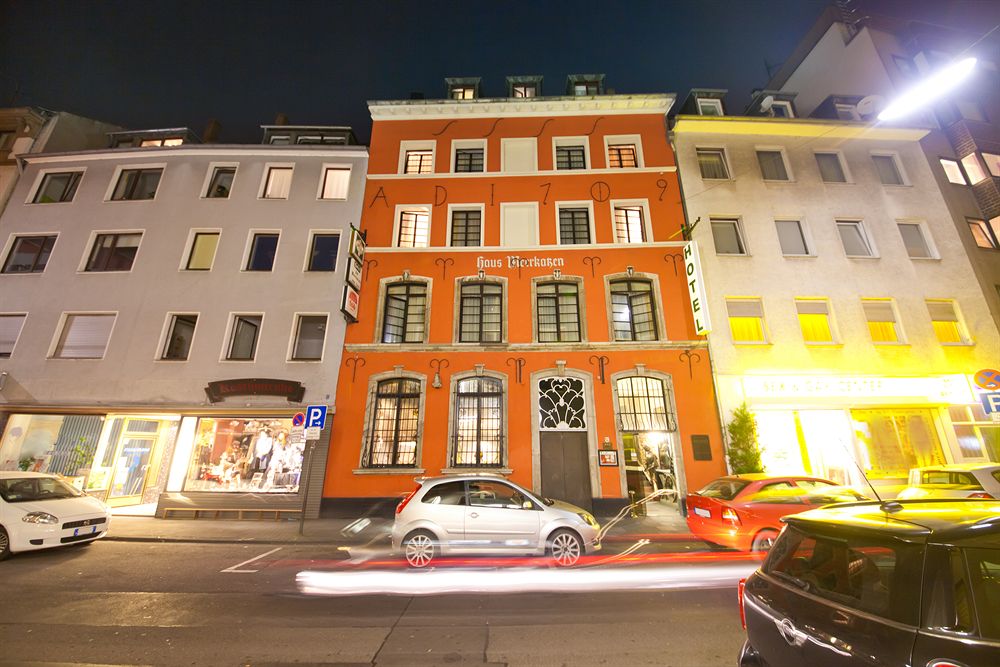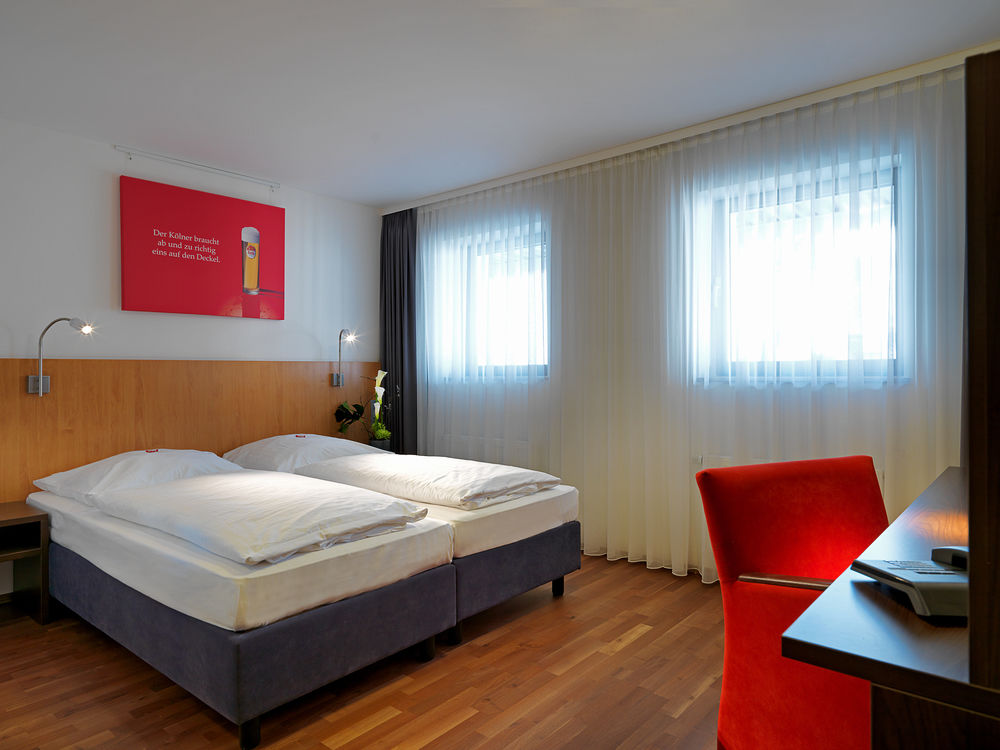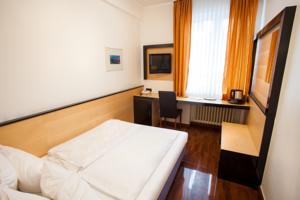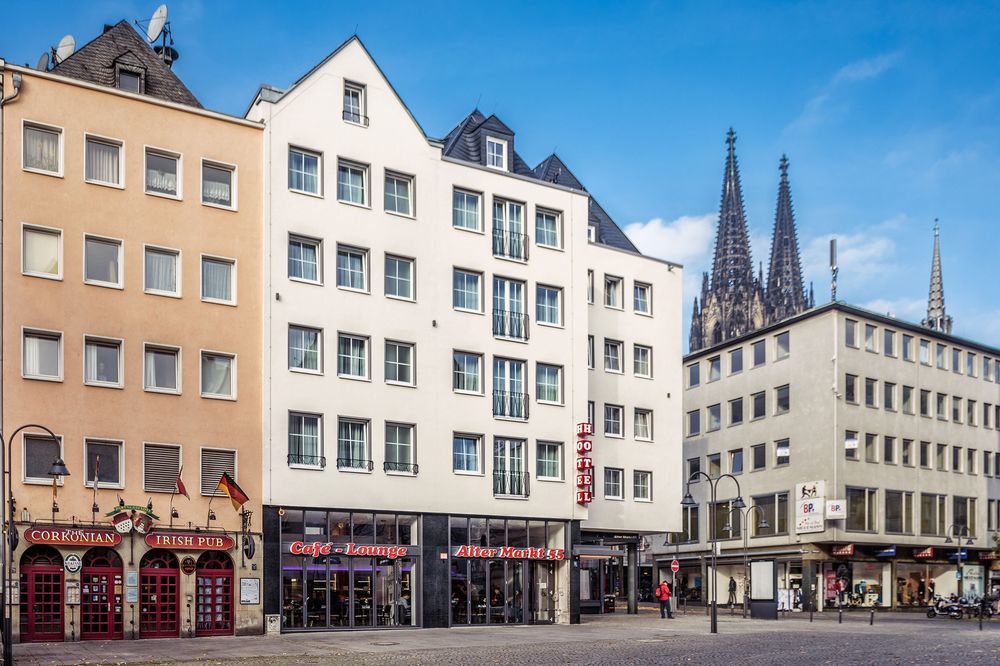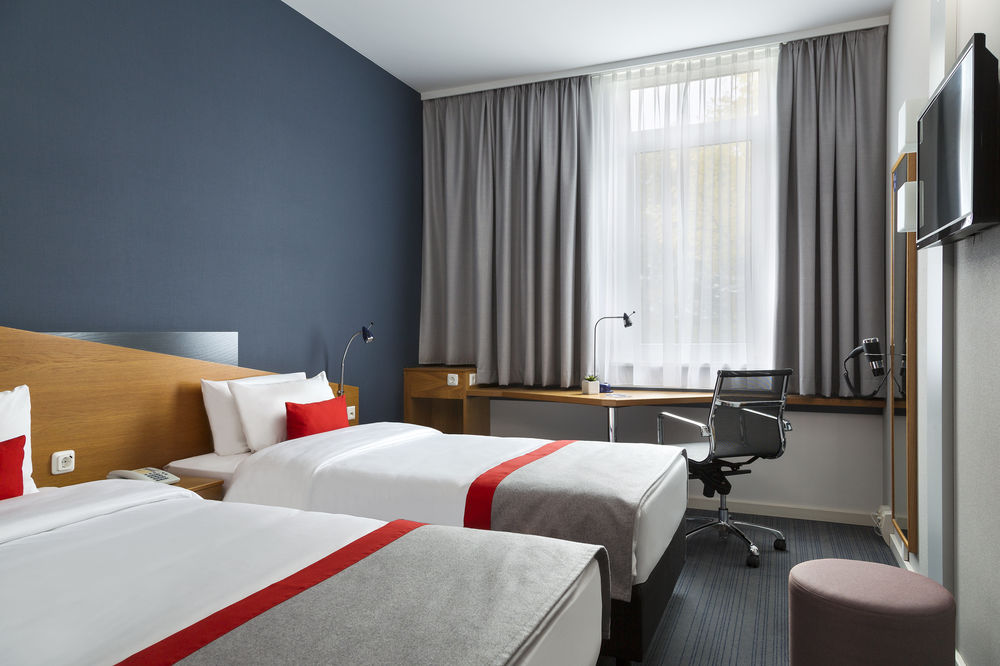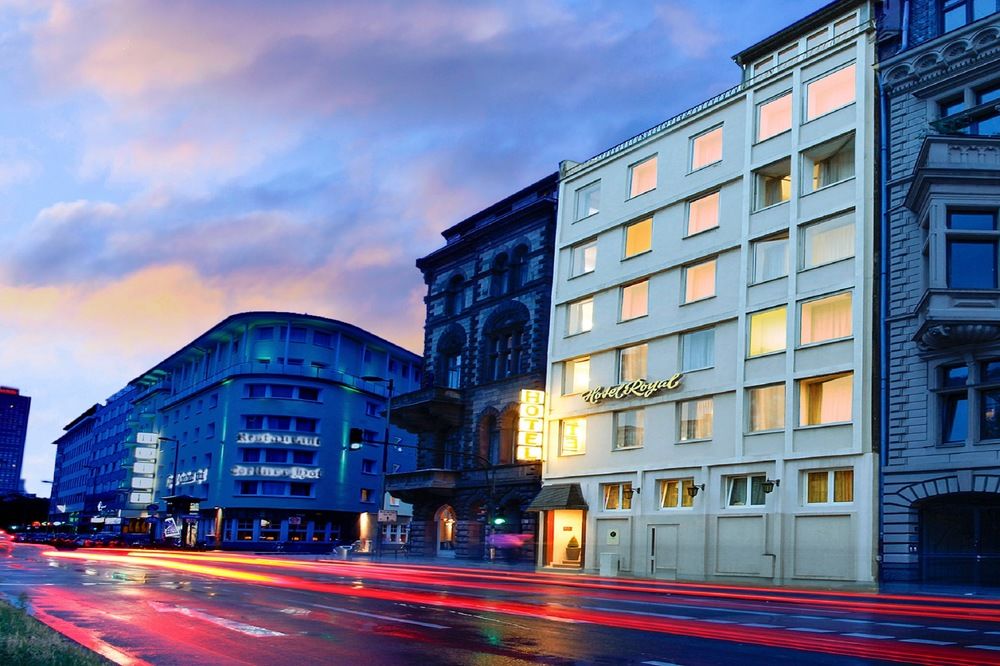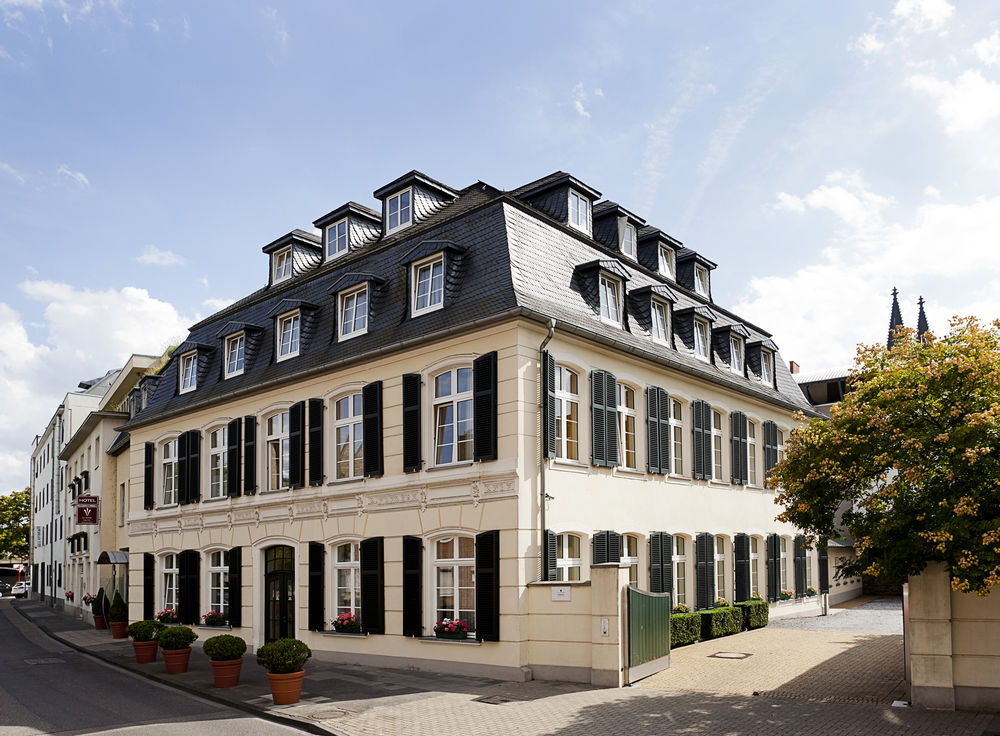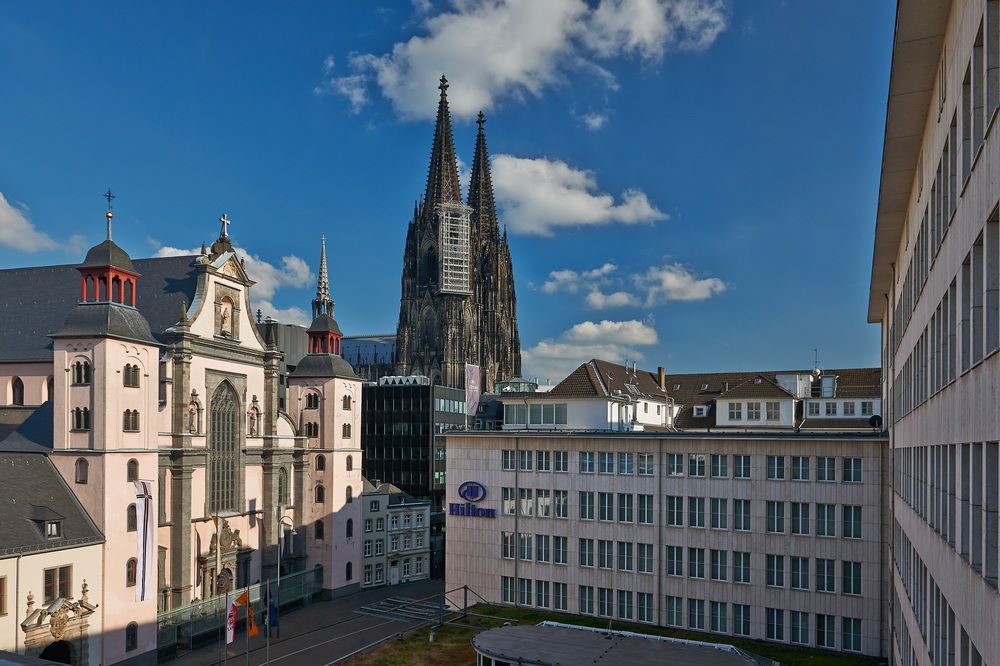
ケルンホテル検索結果
AIが見つけた軒のホテルの最安値をご覧ください。
ベストホテル
最安値のホテル
ホテル等級
AIおすすめ
ケルンベストホテル
ケルン 最低価格のホテル
最高評価のホテル
ケルンにある5つ星ホテル
ケルンにある4つ星ホテル
ケルンにある3つ星ホテル
AIがおすすめする世界の旅行先
ケルン近くのホテル情報
ケルン 旅行に欠かせない情報
“A city brightened with cathedrals”
Cologne (English: ; German: Köln, pronounced [kœln] ( listen), Ripuarian: Kölle [ˈkœlə] ( listen)) is the largest city of Germany's most populous federal state of North Rhine-Westphalia, and its 1,075,935 (2016) inhabitants make it the fourth most populous city in Germany after Berlin, Hamburg, and Munich. The largest city on the Rhine, it is also the most populous city both of the Rhine-Ruhr Metropolitan Region, which is Germany's largest and one of Europe's major metropolitan areas, and of the Rhineland. Centred on the left bank of the Rhine, Cologne is about 45 kilometres (28 mi) southeast of North Rhine-Westphalia's capital of Düsseldorf and 25 kilometres (16 mi) northwest of Bonn. It is the largest city in the Central Franconian and Ripuarian dialect areas.
The city's famous Cologne Cathedral (Kölner Dom) is the seat of the Catholic Archbishop of Cologne. There are many institutions of higher education in the city, most notably the University of Cologne (Universität zu Köln), one of Europe's oldest and largest universities, the Technical University of Cologne (Technische Hochschule Köln), Germany's largest university of applied sciences, and the German Sport University Cologne (Deutsche Sporthochschule Köln), Germany's only sport university. Cologne Bonn Airport (Flughafen Köln/Bonn) is Germany's seventh-largest airport and lies in the southeast of the city. The main airport for the Rhine-Ruhr region is Düsseldorf Airport.
Cologne was founded and established in Ubii territory in the 1st century AD as the Roman Colonia Claudia Ara Agrippinensium, the first word of which is the origin of its name. An alternative Latin name of the settlement is Augusta Ubiorum, after the Ubii. "Cologne", the French version of the city's name, has become standard in English as well. The city functioned as the capital of the Roman province of Germania Inferior and as the headquarters of the Roman military in the region until occupied by the Franks in 462. During the Middle Ages it
 時間 UTC+02
時間 UTC+02 通貨 EUR
通貨 EUR 言語 German
言語 GermanStaypiaだけの特別な特典
リアルタイムホテル最安値比較
AIが見つけたin ケルンの軒のホテルのリアルタイム最安値を簡単に比較検索できます。
316万軒のホテルを最安値で予約
最低価格に最大31%追加メンバーシップ割引でさらにお得にご予約いただけます。
自分だけの
AIがリアルタイムで更新するケルン旅行情報で便利に旅行を準備しましょう。
よくある質問
一般的なホテルの場合、客室予約はキャンセル締切日前まで無料返金が可能です。キャンセル締切日以降は手数料が発生する場合がありますので、ホテルバウチャーまたはメニュー>マイ予約でキャンセル締切日をご確認ください。
ステピアでは、AIが収集した316万件のホテルの最安値はもちろん、会員限定の追加割引価格で人気ホテルを予約することができます。


